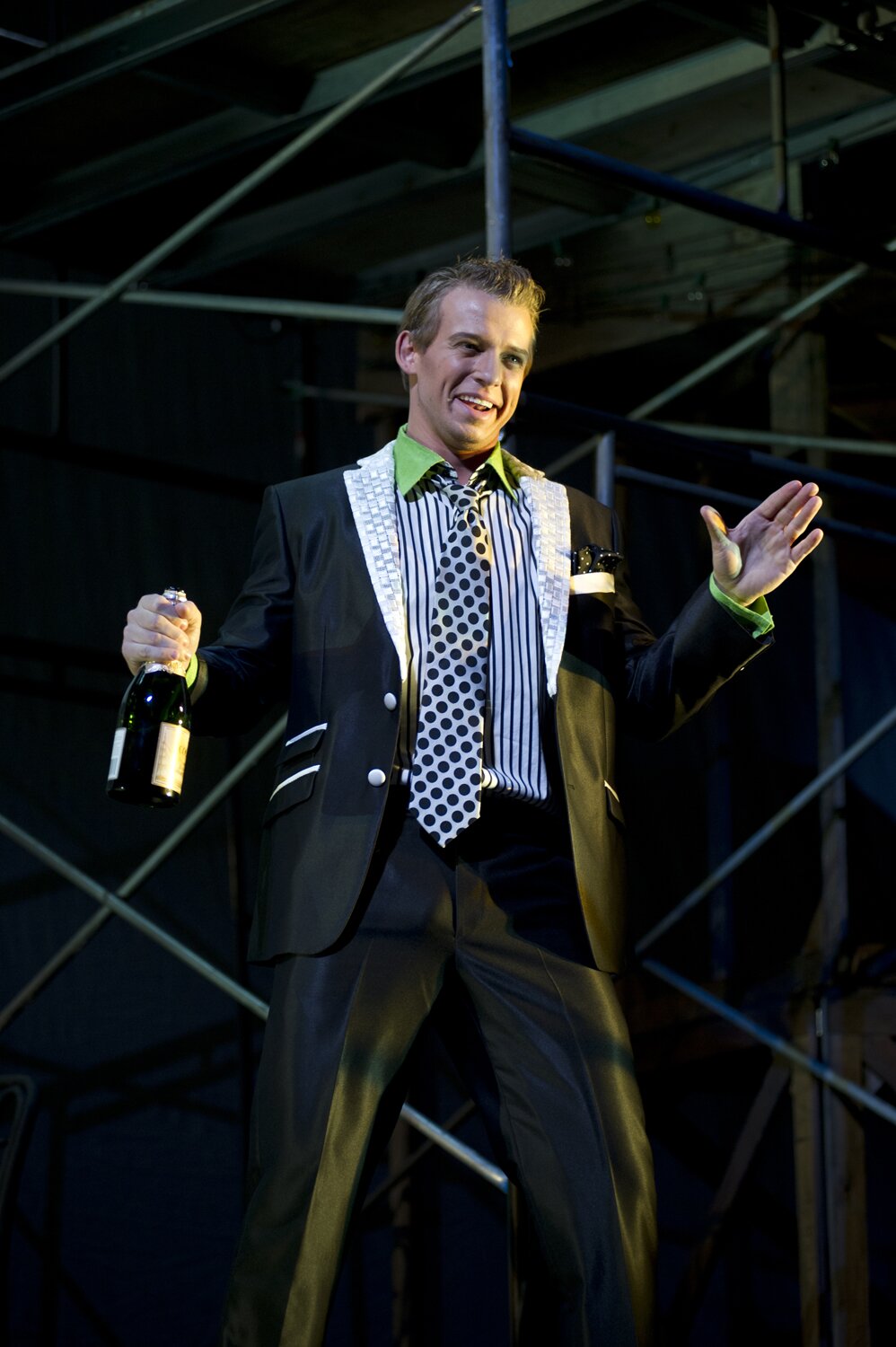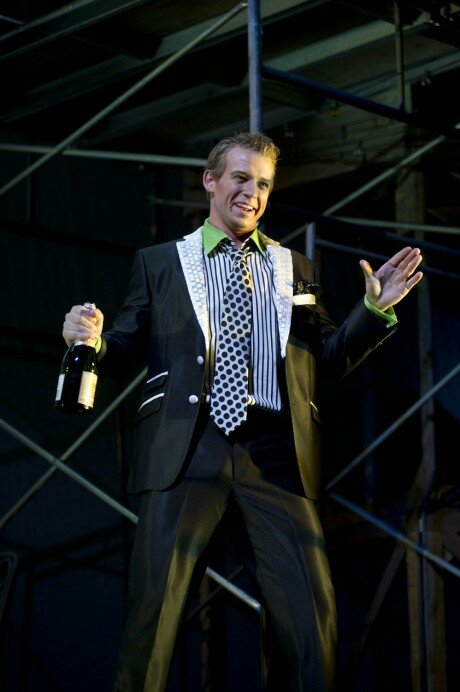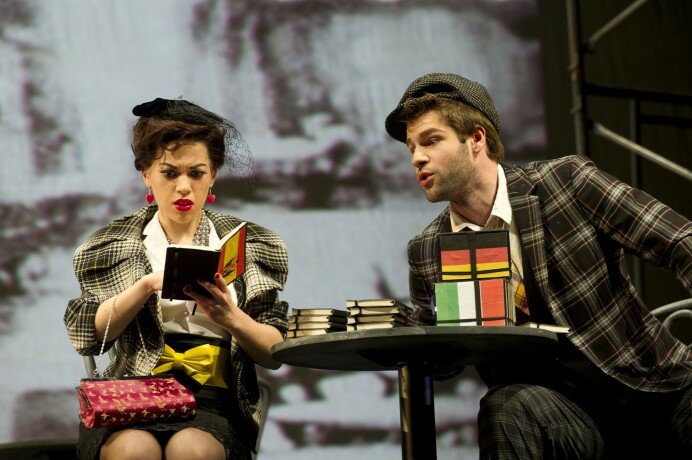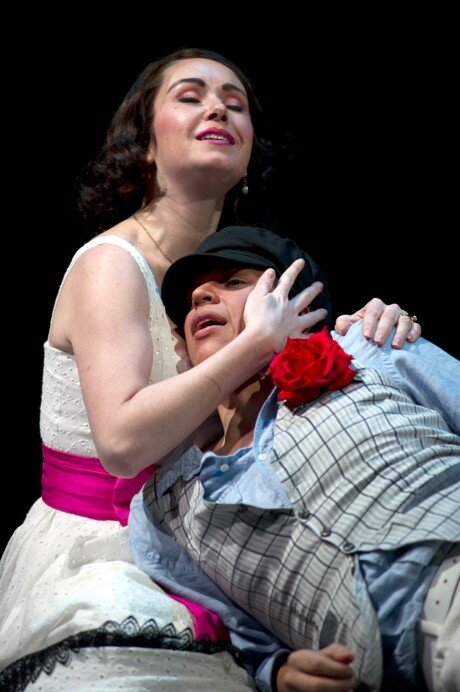It’s that time of year again…Messiah time, that is. A cherished holiday tradition for many, George Frideric Handel’s Messiah is an important part of the season’s festive concert schedule. This year, we’re blessed with a panoply of opportunities to sing (or play!) the Hallelujah chorus. From beloved sing-along performances to the intriguing “Mandolin Messiah”, there’s a concert for you. So dust off your dog-eared copy of Handel’s score and prepare to Hallelujah your way through the holidays!
Dec. 14 — Geoffrey Boers conducts the Tacoma Symphony and Chorus in a performance at St. Charles Borromeo Church. Local favorites Maria Mannisto, Melissa Scheil, Gregory Carroll, and Benjamin Harris perform the solo vocal roles.
Dec. 14 – 16 — Seattle Symphony and Chorale present four Messiah concerts at Benaroya Hall. Pacific Musicworks artistic director Stephen Stubbs conducts four performances, which feature guest vocalists Shannon Mercer, Laura Pudwell, Ross Hauck, and Kevin Deas.
Dec. 16 — This year’s award for most unusual Messiah concert goes to the Seattle Mandolin Orchestra. Head to Green Lake United Methodist Church for Mandolin Messiah and experience what could be “the first performance of Handel’s Messiah played entirely on plucked strings”.
Dec. 16 — For those in the Issaquah area, there’s a Messiah performance just for you. The good folks at the Issaquah Press are hosting a Sing & Play Along Messiah at St. Michael & All Angels Episcopal Church. The free event is part of the Merry Christmas Issaquah fund drive and will benefit Issaquah Community Services.
Dec. 26 — Chase away those post-Christmas blues with University Unitarian Church’s 43rd annual Sing & Play Along Messiah. Don’t miss this chance to play and sing the entire two-hour work (most Messiah performances feature an abridged version). Seattle Pro Musica artistic director Karen P. Thomas conducts.
Dec. 28 — The Northwest Chorale hosts a sing-along Messiah concert at Lake City Presbyterian Church. Proceeds from this performance will benefit Seattle-area food banks.
Dec. 28 – 30 — Ballet Bellevue presents the Pacific Northwest premiere of the opéra-ballet version of Handel’s Messiah, featuring original choreography by Sayoko Knode. Guest conductor Linda Gingrich leads four performances at Meydenbauer Center.



